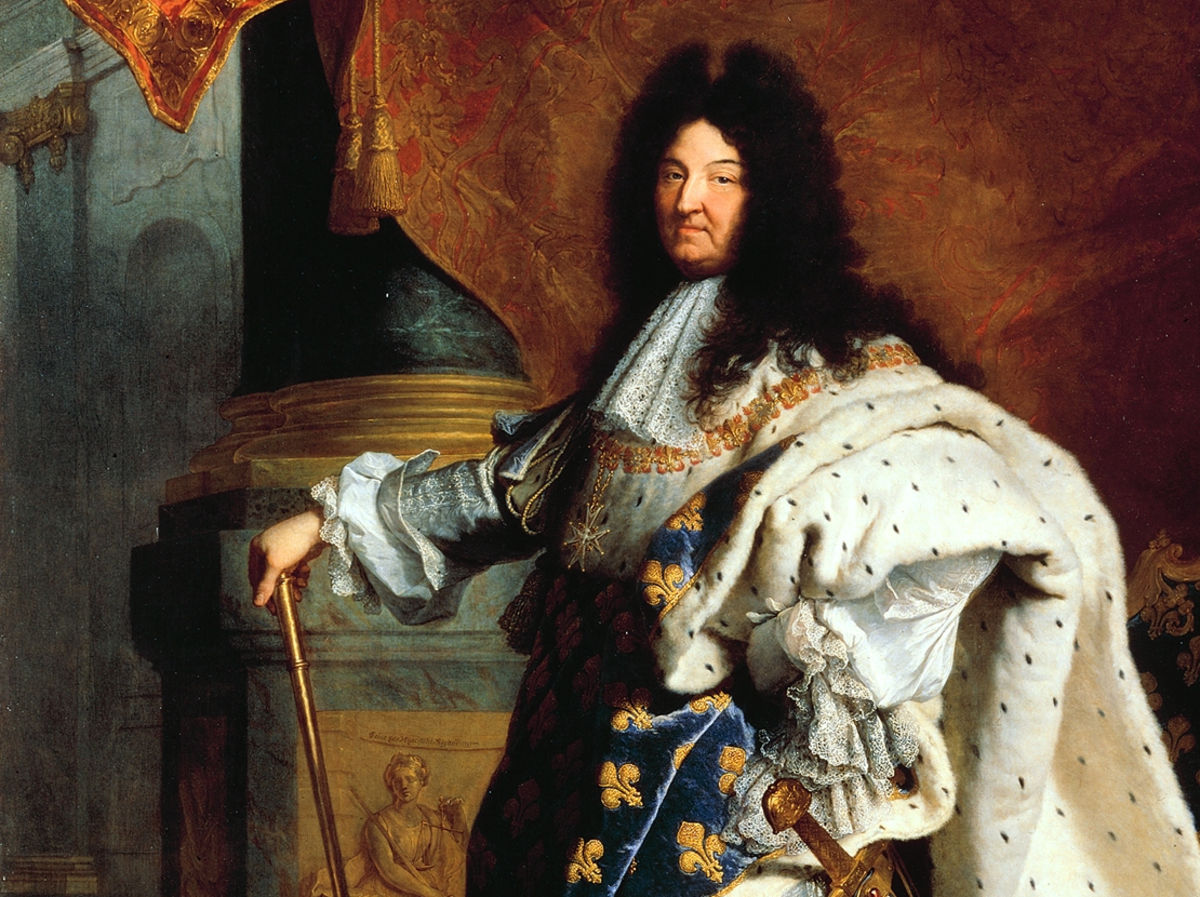 Listen these days to some of the world’s elite politicians, commentators and officials pontificate and you’d think you were living back in the 1820s and everyone was talking about the First Reform Bill that wanted to — and eventually did — increase who could vote in British elections up to about 18 percent of the total male population.
Listen these days to some of the world’s elite politicians, commentators and officials pontificate and you’d think you were living back in the 1820s and everyone was talking about the First Reform Bill that wanted to — and eventually did — increase who could vote in British elections up to about 18 percent of the total male population.
That was close to a doubling of the percentage of those who had the franchise before the First Reform Act of 1832. And that prospect of one fifth of males — not everyone, you understand, just a fifth of males — being able to vote so outraged the Duke of Wellington, the then Prime Minister, that he announced it was his duty to resist these democratic measures. Two weeks later he was forced to resign.
But his basic attitude, that the great unwashed certainly couldn’t be trusted to know what was good for the country — or good for them — was widely shared back then. And you know what? It still is pretty common. Let’s call this ‘the aristocratic worldview’. It rests on the core belief that what you need is a class of superior, better educated folk who can and should be trusted to make society’s important decisions. Clear away all the obfuscation and this amounts to a defence of aristocracy, though just who gets to be this privileged class of decision-makers can be up for grabs.
It doesn’t have to be eighteenth century landowners with massive estates. It can be Davos men; it can be the miniscule numbers of people who decide and administer ‘international law’; it can be unelected judges; it can be the untaxed bureaucrats who staff the various United Nations committees that monitor all of the sundry rights-related Conventions or the taxed ones with the super salaries and big pensions who run Human Rights Commissions; it can be the main columnists for the New York Times or most of the talking heads on ‘our’ ABC.
The basic attitude I’m talking about here is the idea that only some adults are worthy of having a say in public policy – including how much immigration and of what sort is desirable, or whether to enforce the boundaries of the nation state (which enforced national boundaries and the resulting nation states, by the way, have lain at the heart of the West’s successes these past three centuries), or even who can marry or be allowed to die.
Democracy at its most basic is the idea that every adult within a defined jurisdiction counts the same in making these decisions. Rich, smart, poor, dumb, work for the ABC or not, have a doctorate or not, everyone counts the same. We all have one vote. And each person’s vote is worth about the same as everyone else’s. Put differently, it’s about letting the numbers count – as opposed to letting people with the biggest estates decide, or people who have law degrees, or who work for a public broadcaster.
Now before you say to yourself ‘well of course that battle has been won some time ago’ I ask you to think again. Before and after the Brexit vote we have seen the most remarkable attacks (barely disguised) on democracy. And we’re seeing an elite driven rear-guard action there that seems to me to be fuelled in part by a barely disguised disdain for the 52 percent of Brits who voted ‘Leave’.
Former Prime Ministers Tony Blair and John Major ooze this attitude as they seek to have this referendum result overturned, to the point that they are now being called out on their apparent contempt for the voters. Or read a Matthew Parris column, with its elegant lamentations for a system that leaves these things to the voters.
The left of politics is even worse. The BBC and The Guardian continue to sneer at those who voted in a way they disliked and insinuate that people who disagree with them are, well, stupid and unworthy of the franchise. They sound not unlike the Duke of Wellington, but at least he could be forgiven as he was the military hero who beat Napoleon. All they beat are their self-righteous chests in condescending smugness.
Or take the US election of Donald Trump. What a joke it was when Hillary supporters warned before the tally that Trump supporters might not be good losers. We now all know who the bad losers are. And the sneering, sanctimonious, holier-than-thou pontificating from some of those losers (on the main TV networks, in the New York Times, every day all the time on ‘our’ ABC) is steeped in the worst sort of condescension for the abilities of those who voted differently than they did.
Yes, the good news is that we now know that the regular media influences next to no one. Every big city US newspaper, all the main TV networks save for FOX (and even there many would not vote for Trump) and the vast preponderance of supposed experts opted for Clinton. The voters didn’t care what these self-styled elite thought. That part was magnificent. But it has also peeled away the rather shallow commitment to democracy amongst this sneering media class, just as Brexit peeled it away amongst the lawyerly and judicial class in the UK.
But let’s not forget the death of Fidel Castro. I mean you can always count on the President of the EU, Jean Claude Juncker, to be against democracy, against the voters, and on the wrong side of everything. He kept his track record going with his fulsome praise for dictator Castro who never had a democratic bone in his body. Or take my native Canada’s PM, Justin Trudeau, whose father Pierre when PM used to gallivant around the world talking up some of the ugliest strongmen going. Pierre Trudeau far preferred Castro or the Soviets to a US President. His son Justin is a trust fund kid who did not finish university, never had a real job (save for snowboard instructor) but my God he and his wife and kids are really good looking and they can spout all the PC nonsense going. Justin praised the now dead Castro as a ‘legendary revolutionary and orator’. He left out the bit about imprisoning and killing dissidents and forcing hundreds of thousands to flee. Barack Obama, being smarter, was a little more guarded in his praise, but he too talked as though democracy was a fifth order concern.
So better leave it to that much despised and much derided vulgarian who just happened to win the US election (and was, in my view at the time and more so now, the right pick) to tell it like it is about Castro. Trump’s statement began: ‘Today, the world marks the passing of a brutal dictator who oppressed his own people for nearly six decades. Castro’s legacy is one of firing squads, theft, unimaginable suffering [and the list goes on].’ Now that’s telling it like it is. And not an aristocratic sentiment to be found.
Got something to add? Join the discussion and comment below.
Get 10 issues for just $10
Subscribe to The Spectator Australia today for the next 10 magazine issues, plus full online access, for just $10.

























Comments
Don't miss out
Join the conversation with other Spectator Australia readers. Subscribe to leave a comment.
SUBSCRIBEAlready a subscriber? Log in